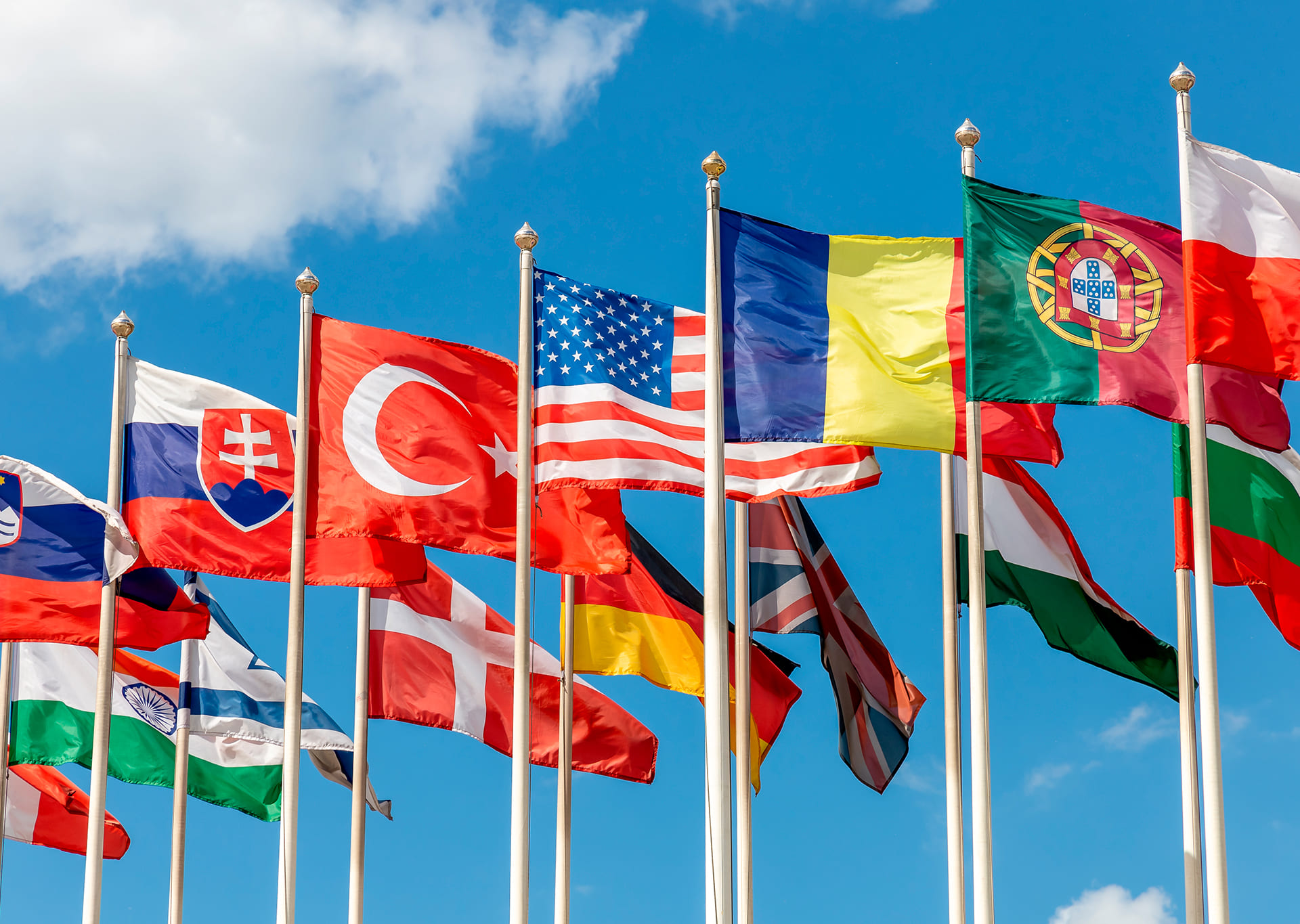
The history of the Paralympic Games
The Paralympic Games represent a revolution in the perception and rights of people with functional diversity. Through sport, this event has promoted social inclusion, the recognition of diverse abilities and equality in the sporting field worldwide. Its history is a source of inspiration and an example of how sport can be a driving force for social change.
The beginnings: Stoke Mandeville and the birth of adapted sport
The origin of the Paralympic Games dates back to 1948, when Dr. Ludwig Guttmann organised the first Stoke Mandeville Games in England. Initially conceived as a sporting competition for soldiers wounded in World War II, these games marked the beginning of adapted sport. Guttmann, a neurosurgeon committed to the rehabilitation of people with spinal cord injuries, used sport as a therapeutic and integration tool.
In 1960, Rome hosted the first official Paralympic Games, with 400 athletes from 23 countries, consolidating the idea of an international competition dedicated to people with functional diversity. This event not only promoted sport, but also highlighted the importance of rehabilitation and social integration. From that moment on, the Paralympic Games acquired their own identity and began to be held in parallel to the Olympic Games, with their own rules and disciplines.
Growth and global impact
Since then, the Paralympic Games have grown exponentially, attracting thousands of athletes and millions of spectators from around the world. Each edition features adapted disciplines, from athletics and swimming to wheelchair rugby, demonstrating how innovation and accessibility have transformed sport. Over the years, the number of participants has increased considerably, and today, the Paralympic Games include more than 4,000 athletes from more than 160 countries.
One of the greatest milestones in the history of the Paralympic Games was the signing of the agreement between the International Olympic Committee (IOC) and the International Paralympic Committee (IPC) in 2001. This agreement guarantees that cities that host the Olympic Games will also host the Paralympic Games, promoting equality and visibility of adapted sport.
Examples of iconic athletes
Over the years, the Paralympic Games have been the stage for stories of overcoming and sporting excellence. Some athletes have left an indelible mark on the history of the event, inspiring future generations:
- Tanni Grey-Thompson (United Kingdom): Winner of 11 gold medals in athletics in different editions of the Paralympic Games, she is considered one of the best wheelchair athletes of all time.
- Daniel Dias (Brazil): A swimmer with more than 20 Paralympic medals, he is a benchmark in adapted swimming and a symbol of sport in Latin America.
- Teresa Perales (Spain): With more than 25 medals in swimming, Perales is one of the most decorated Paralympic athletes in history.
These athletes have not only demonstrated their talent in competition, but have also helped change the perception of functional diversity.
The legacy and future of the Paralympic Games
Beyond the sporting aspect, the Paralympic Games have generated significant social changes by promoting equal opportunities and breaking stigmas associated with functional diversity. The growing media coverage and the increase in sponsors have allowed greater visibility of the event, attracting more interest and support from the public and institutions.
In recent years, efforts have been made to improve accessibility in host cities, ensure fairness in competition conditions and increase the representation of athletes in different categories. In addition, the inclusion of new disciplines and technologies in adapted sport has contributed to improving the experience for both athletes and spectators.
Conclusion
The Paralympic Games not only celebrate sporting achievement, but also inspire new generations, showing that barriers can be overcome. Thanks to their growth, their impact on society and the efforts of athletes, organisers and supporters, these games have managed to transform the perception of functional diversity in the world. Adaptive sport, driven by this event, continues to demonstrate that inclusion and perseverance are the path to a more just and equitable society. With each new edition, the Paralympic Games continue to be a symbol of overcoming and excellence, consolidating themselves as one of the most important sporting competitions globally.








